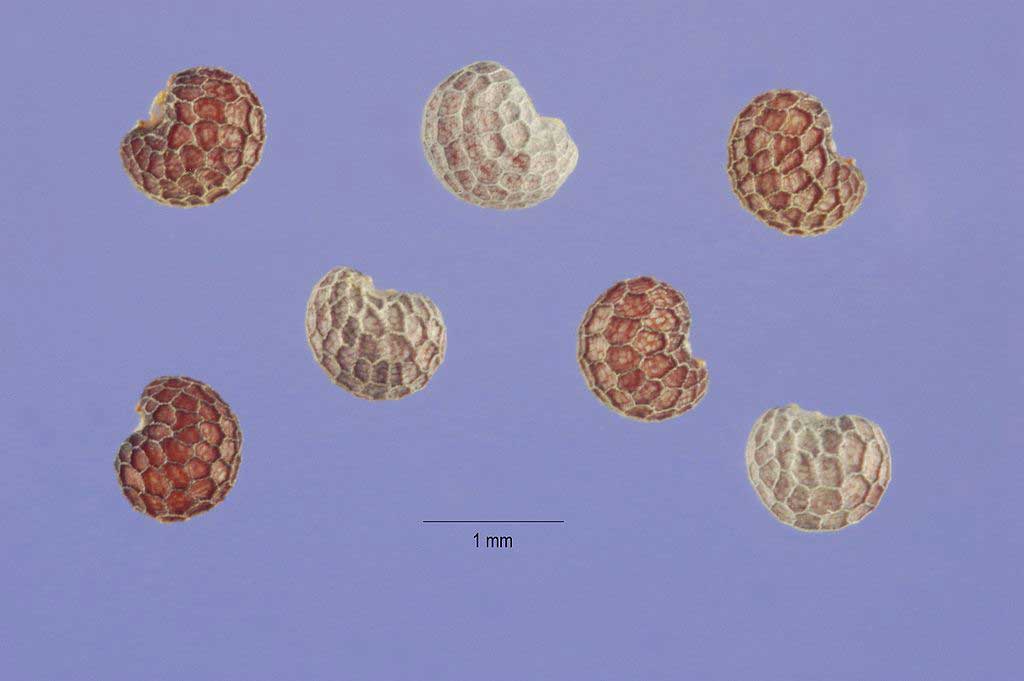§ 285 Fifth Edition
The diminution of the dose essential for homoeopathic use, will also be promoted by diminishing its volume, so that, if, instead of a drop of a medicinal dilution, we take but quite a small part1 of such a drop for a dose, the object of diminishing the effect still further will be very effectually attained; and that this will be the case may be readily conceived for this reason, because with the smaller volume of the dose but few nerves of the living organism can be touched, whereby the power of the medicine is certainly also communicated to the whole organism, but it is a weaker power.
1 For this purpose it is most convenient to employ fine sugar globules of the size of poppy seeds, one of which imbibed with the medicine and put into the dispensing vehicle constitutes a medicinal dose, which contains about the three hundredth part of a drop, for three hundred such small globules will be adequately moistened by one drop of alcohol. The dose is vastly diminished by laying one such globule alone upon the tongue and giving nothing to drink.
If it be necessary, in the case of a very sensitive patient, to employ the smallest possible dose and to bring about the most rapid result, one single olfaction merely will suffice (see note to §288).
Image to show a size of poppy seed :
Poppy seeds are tiny kidney-shaped seeds usually about 1 mm in diameter.
(Image source: Wikipedia)
(Aphorism 285 is entirely omitted in the sixth edition, and replaced by a new section, as follows:)
§ 285 Sixth Edition
In this way, the cure of very old disease may be furthered by the physician applying externally, rubbing it in the back, arms, extremities, the same medicine he gives internally and which showed itself curatively. In doing so, he must avoid parts subject to pain or spasm or skin eruption.1
1 From this fact may be explained those marvelous cures, however infrequent, where chronic deformed patients, whose skin nevertheless was sound and clean, were cured quickly and permanently after a few baths whose medicinal constituents (by, chance) were homoeopathically related. On the other hand, the mineral baths very often brought on increased injury with patients, whose eruptions on the skin were suppressed. After a brief period of well-being, the life principle allowed the inner, uncured malady to appear elsewhere, more important for life and health.
At times, instead, the ocular nerve would become paralyzed and produce amaurosis, sometimes the crystalline lens would become clouded, hearing lost, mania or suffocating asthma would follow or an apoplexy would end the sufferings of the deluded patient.
A fundamental principle of the homoeopathic physician (which distinguishes him from every physician of all older schools) is this, that he never employs for any patient a medicine, whose effects on the healthy human has not previously been carefully proven and thus made known to him (§§ 20,21).
To prescribe for the sick on mere conjecture of some possible usefulness for some similar disease or from hearsay that a remedy has helped in such and such a disease – such conscienceless venture the philanthropic homoeopathist will leave to the allopath.
A genuine physician and practitioner or our art will therefore never send the sick to any of the numerous mineral baths, because almost all are unknown so far as their accurate, positive effects on the healthy human organism is concerned, and when misused, must be counted among the most violent and dangerous drugs.
In this way, out of a thousand sent to the most celebrated of these baths by ignorant physicians allopathically uncured and blindly sent there perhaps one or two are cured by chance more often return only apparently cured and the miracle is proclaimed aloud.
Hundreds, meanwhile sneak quietly away, more or less worse and the rest remain to prepare themselves for their eternal resting place, a fact that is verified by the presence of numerous well-filled graveyards surrounding the most celebrated of these spas.*
* A true homoeopathic physician, one who never acts without correct fundamental principles, never gambles with the life of the sick entrusted to him as in a lottery where the winner is in the ratio of 1 to 500 or 1000 (blanks here consisting of aggravation or death), will never expose any one of his patients to such danger and send him for good luck to a mineral bath, as is done so frequently by allopaths in order to get rid of the sick in an acceptable manner spoiled by him or others.